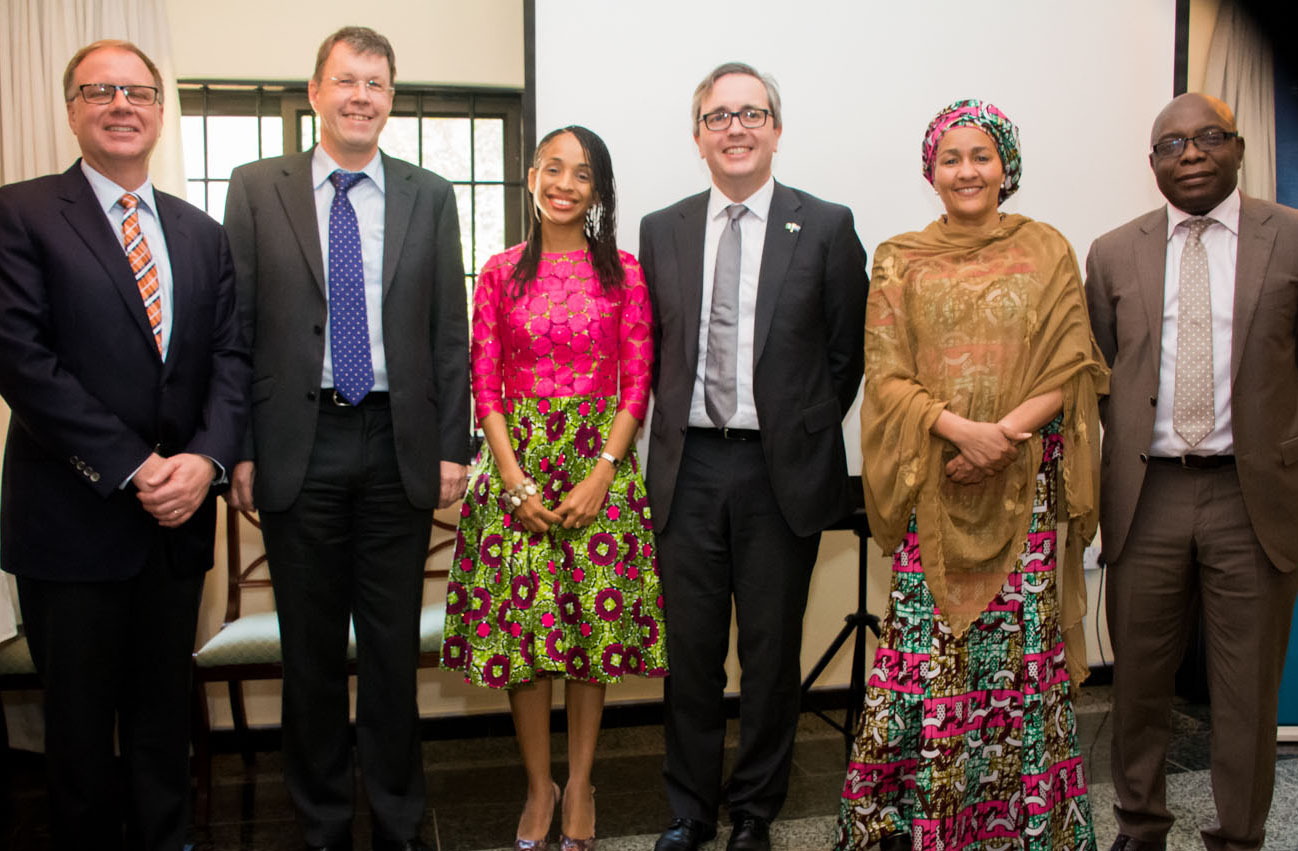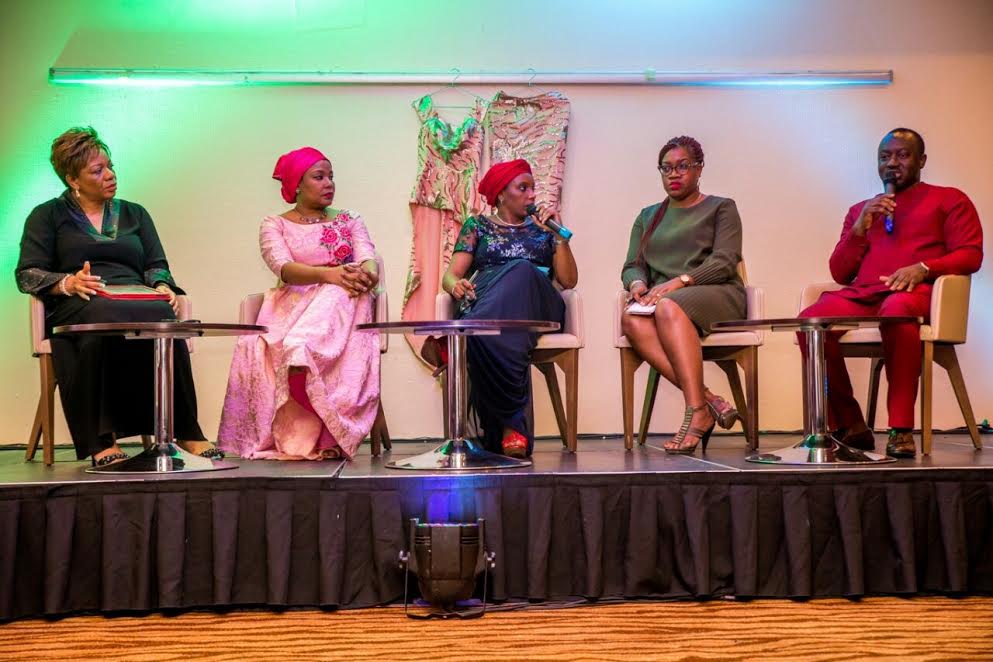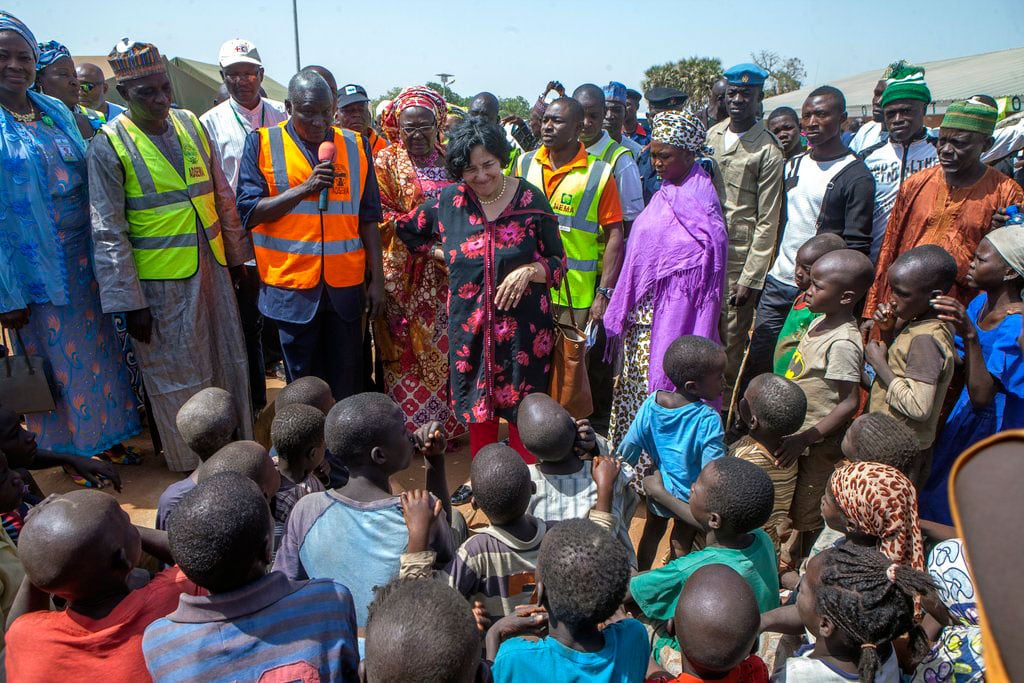While the world is winning the war against the AIDS epidemic, the United Nation says the cases of number of new HIV infections is not declining among adults, with young women in sub-Saharan Africa.
Michel Sidibé, executive director of UNAIDS and UN under-secretary-general, disclosed this in his message to the 2016 World AIDS Day observed on Thursday.
“We know that for girls in sub-Saharan Africa, the transition to adulthood is a particularly dangerous time,” Sidibe said.
“Young women are facing a triple threat; a high risk of HIV infection, low rates of HIV testing and poor adherence to HIV treatment.
Advertisement
“Co-infections of people living with HIV, such as tuberculosis (TB), cervical cancer and hepatitis C, are at risk of putting the 2020 target of fewer than 500,000 AIDS-related deaths out of reach.
“TB caused about a third of AIDS-related deaths in 2015, while women living with HIV are at four to five times greater risk of developing cervical cancer.
“Taking AIDS out of isolation remains an imperative if the world is to reach the 2020 target.”
Advertisement
Sidibé said “with access to treatment, people living with HIV are living longer, investing in treatment is paying off”.
“But people older than 50 who are living with HIV, including people who are on treatment, are at increased risk of developing age-associated non-communicable diseases, affecting HIV disease progression,” he said.
“AIDS is not over, but it can be if we tailor the response to individual needs at particular times in life.
“Whatever our individual situation may be, we all need access to the tools to protect us from HIV and to access anti-retroviral medicines , should we need them.”
Advertisement
According to the UNAIDS executive director, a life-cycle approach to HIV that finds solutions for everyone at every stage of life can address the complexities of HIV.
He noted that risks and challenges change as people go through life, highlighting the need to adapt HIV prevention and treatment strategies from birth to old age.
Sidibé expressed the hope that the target by the UN to end the AIDS scourge by 2030 was on course.
Advertisement





